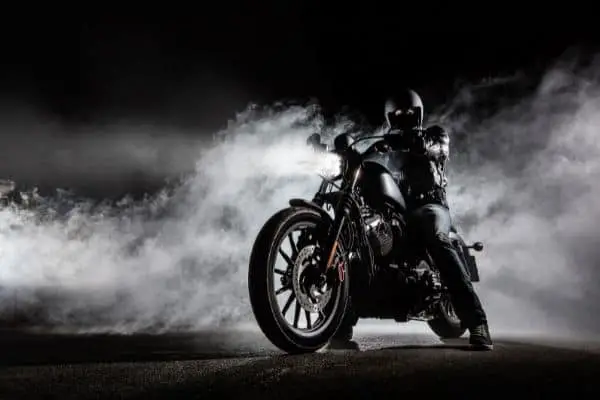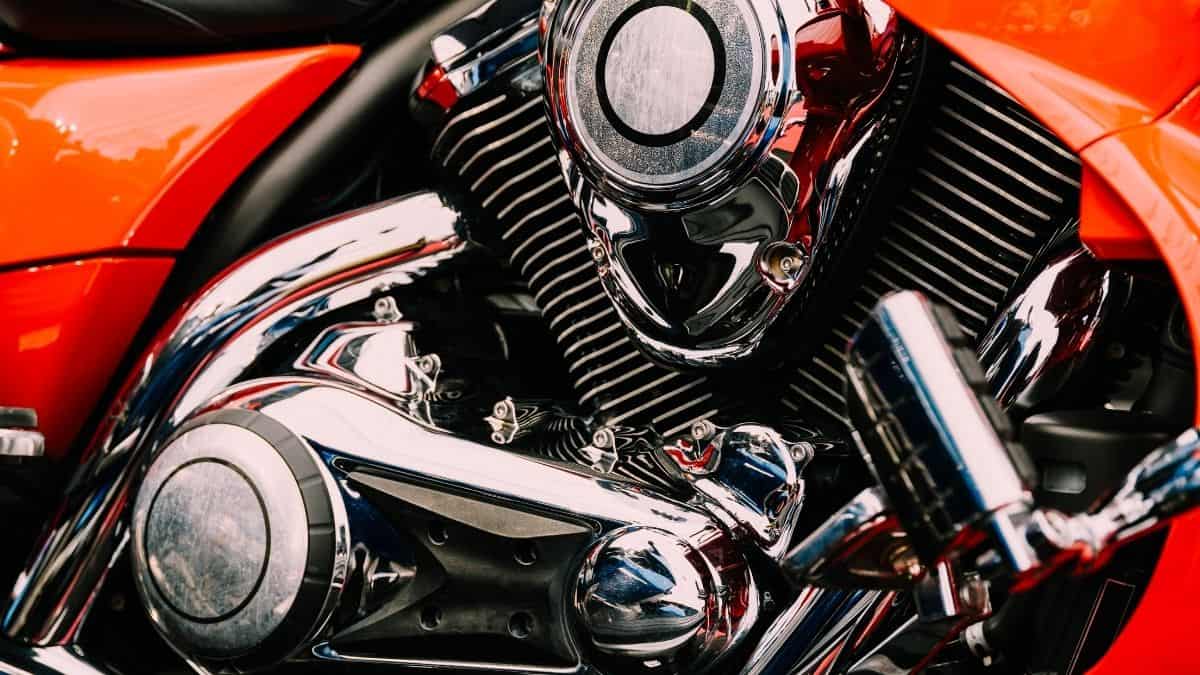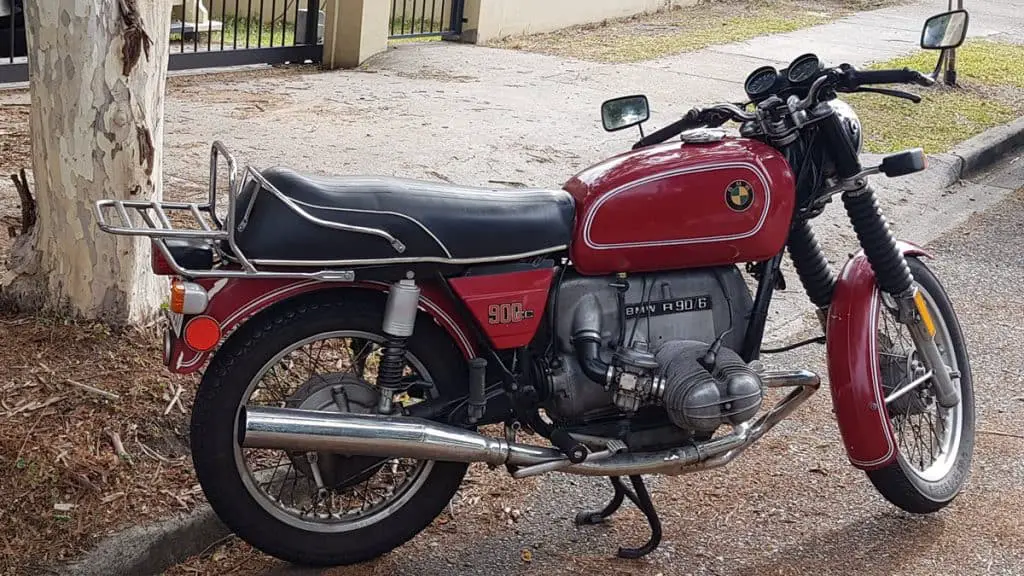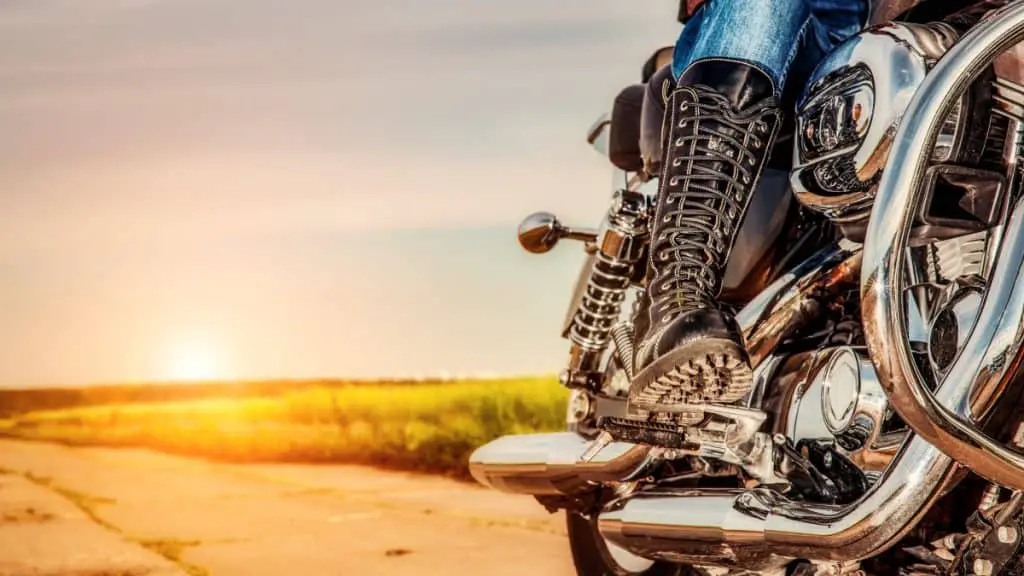What Does CC Mean on a Motorcycle: 5 Things They Never Tell You About Motorcycle CC
CC on a motorcycle.
Two letters that make us squids brag about who has it bigger. Bike, of course.
It’s what splits us from being scooter weaklings or macho riders. (Me being somewhere in the middle!)
But what do they actually mean?
Here’s what I found a CC on a motorcycle engine stand for (Get ready for confusion ahead):
Now that we’ve covered the basics, how do CCs affect your motorcycle performance?
5 Things They Don’t Tell You About Motorcycle CC!
When we designed a 600CC Suzuki Boulevard, we asked ourselves one question:
Quoted by an average Suzuki engine designer
“How can we make this look like it has a LOT of power?”
So more CC = more power?
NO!
Know this: True indicators of power are horsepower and torque. Those two metrics have a REAL impact on how quickly your motorcycle can go from 0 to the next speed ticket.
Yes, CCs play a role in that equation. There are specific mathematical steps in how they are calculated (see video below). But it’s only a part of it.
CCs influence torque. (**Searching for the definition of Torque in my 8th-grade physics book**)
But you CAN’T have horsepower without RPMs. It’s simple: horsepower = torque * RPMs. That’s why some motorcycles with higher numbers of CC’s don’t produce more horsepower.
Whoever tells you differently doesn’t know sh*t about motorcycle mechanics and physics!
Power-To-Weight-Ratio
(**Sudden image of Sumo-slammers appears in my mind**)
I know you might be bored with this fancy sciency stuff, but hear me out.
This one is TOO important to understand! So, let’s start with an example:
On one side you have a weighty 600 CC cruiser and on the other you have a featherly 600 CC super-sport. Same CCs.
Which one do you think accelerates faster?
Super-sport, of course!
How?
The weight of the bike determines how the bike will perform. With more weight, more power is needed to push that weight down the round. With less weight, your bike is more agile and powerful enough to beat those tight corners.
That’s why a super-sport with the same CC, will vroom-vroom faster than a cruiser.
Type of the Engine
2-stroke engines are more productive in creating power. They will produce 2x more power than 4-stroke ones. That’s why KTM 250 and regular scooters can go almost straight uphill. Almost!
(**scooter & dirt-bike fans go wild**)
But don’t get too excited.
Yes, 2-strokes are more powerful, but in terms of fuel efficiency and CO2 footprint — They are like small dystopian Chinese lithium plants. Bad emissions go brrrrrrr.
Compression Ratio
Again with the ratios? I mean come on man! How hard is it to understand a simple CC mark on a bike?!
I know, I know. This will be the last one, I promise.
It’s all for you to become a more educated squid or at least a better rider.
Now, where were we?
Ohh yes, compression ratios. It is the ratio between the volume of the cylinder when the cylinder is DOWN and the volume when the cylinder is all the way UP. The higher the compression ratio, the higher the horsepower!

(**To the MOOOON!**)
But there is a physical LIMIT on how high the compression ratio could go. At a certain point, the fuel starts to ignite on its own.
Plus, with high ratios, you can kiss your pistons good-bye. The amount of stress put onto them, would break them like twigs.
You don’t want an early overhaul on your bike, do you?
Engine Config
Told ya! No more ratios.
Check this: Same CC, single cylinder bike produces LESS horsepower than the “inline-two” or “inline-four”.
How?
Imagine this. In one case, you have 4 horses pulling 1 wagon. In the second one, you have only one horse doing the pull.
Who has more power?
4 horses pull that wagon like it isn’t even there! Because you have more horses, the amount of work is equally distributed. So, you have more than enough pulling power.
With one horse, the poor thing would have probably died on the first uphill.
Plot twist — the wagon pole is the amount of CCs.
EDIT: So many horses and horsepowers! This article should’ve been about them and not about CCs!
Note to Editor: Please change the title to Horsepower instead of CCs. There are so many confused squids out there that don’t know the difference.
Fuel Consumption
Did you really think that riding a litre (1000 CC) or a 750 CC bike would be cheap?
Aaaaw, hell, NO! Mhhh-hmm! (**Snap-snap**)
No sir!
CCs go up, so does your fuel bill. No amount of wizardry could fix that. Yes, you’ll have more torque, but also bigger intake volume of air-fuel mixture.
The sweet spot is to get a bike that has big CCs for you to feel comfortable with and a high amount of miles/gallon.
We all don’t like having a mini gas station in our garage just to run our motorcycles, do we?
What is the Best CC for a Motorcycle? Are There Any?

It would be too vague to tell you that every CC is great for a motorcycle. Hell, according to the amount of CC the whole killing machine with two wheels is designed.
But, we are missing the point here.
The better question is: What is the best CC for YOU?!
Are you a beginner, a rider who wants to level-up his game or a pro looking for the challenge?
Define who you are of those three and what amount of riding skills you have.
Don’t listen to the dudes on the forums, saying:
“Anyone who doesn’t start with a 600CC is a wimp and a disappointment!”
They are just losers trying to push you into a death trap. Starting with a 600 CC would only cost you time trying to stay ALIVE on that meat grinder with wheels.
It’s perfectly fine to start small, like I did. 125 CC was a SUPERB choice for me! It’s not a disappointment riding a low CC as a beginner.
It’s a disappointment not learning the skill and not having good gear.
Frequently Asked Questions on What Does CC Mean Motorcycle
Does CC Depend On CC?
Hmm, I see you’re curious.
The dumbest answer would be to tell you that speed depends on the amount of throttle you squeeze. Obviously.
But let’s dig into the details.
Speed is closely related to acceleration. Remember that boring formula? (v = U + a*t)
And where does the acceleration come from?
Horsepower!
Horsepower is made from?
Torque x RPMs.
Torque is made from?
CCs.
So you could say that CCs influence speed, but the whole thing is dead-slow without RPMs.
How is CC on a motorcycle calculated?
Ughhh. Math. My immortal enemy!
If you’re really interested and want to learn this, scroll back to the 5 things they don’t tell you about CCs, and check out the video below.
Is 150cc better than 200cc?
Just another day in the office, comparing apples against oranges.
Let’s imagine a perfect world, in which we are comparing single-cylinder 150 CC with 200 one.
Which one takes me home like a bride on the rear seat?
200 CC, of course!
But, we don’t live in a perfect world!
What about “dual-inline” 150 CC VS one-cylinder 200 CC?
(**Drum roll with intense music please**)
Dual-inline 150CC!
Remember the engine configuration part from above? Dual or V config always beats one-cylinder engines. Always!






